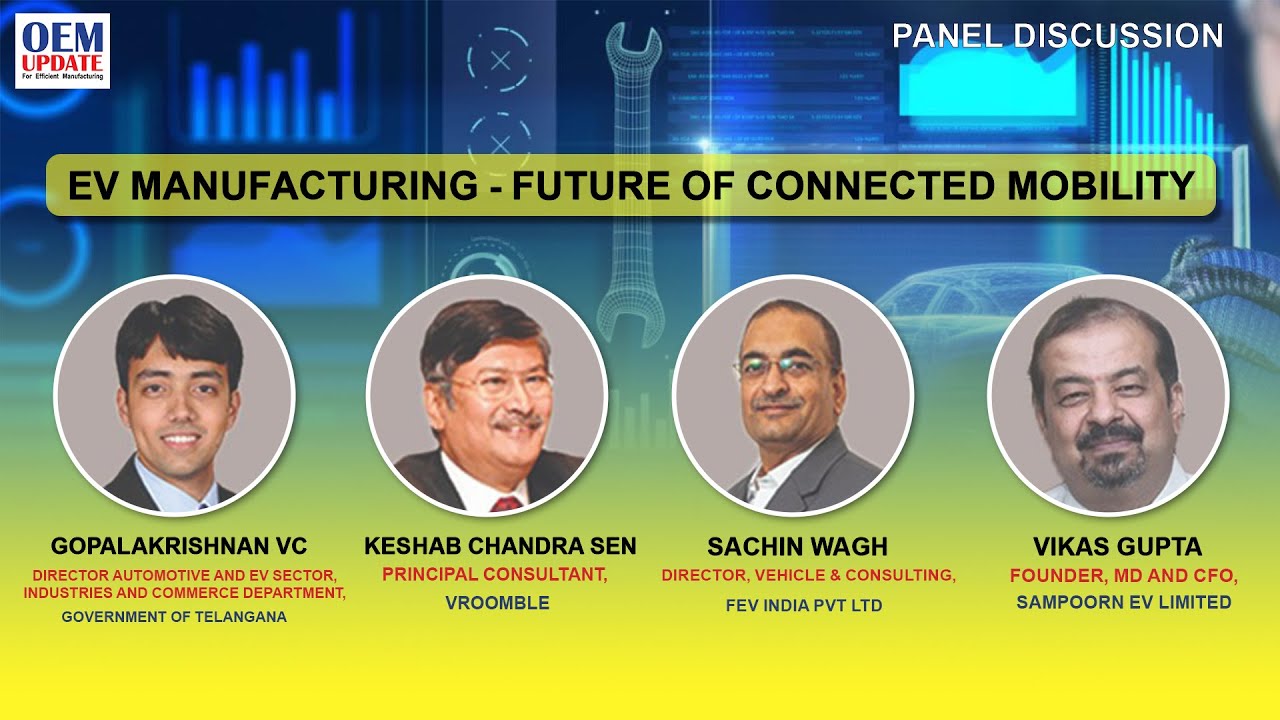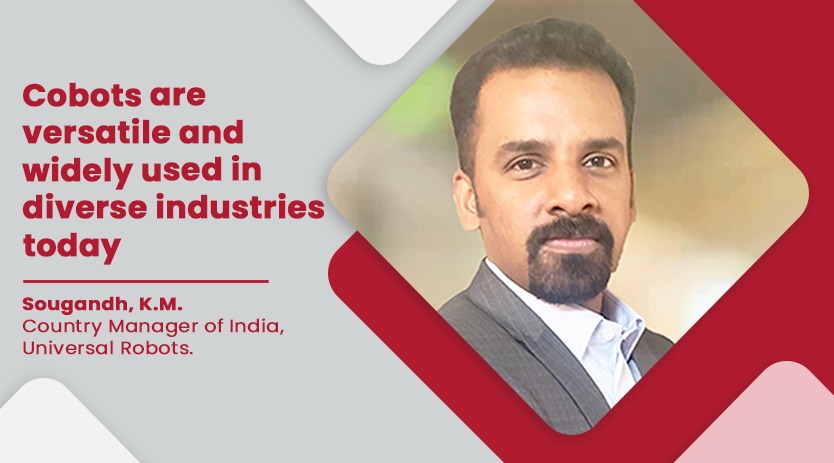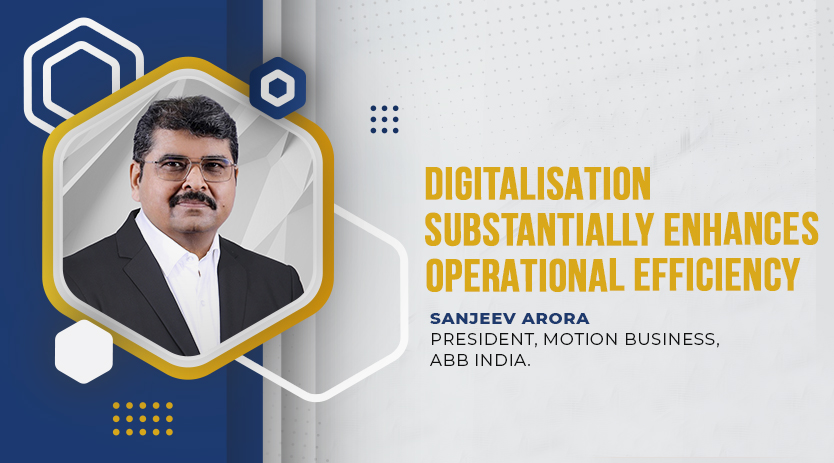IIoT: New horizon in factory automation
June 12, 2018 10:31 am
Gandharav Chopra, Sr. Engineer – Sales & Marketing, Yaskawa India
Yaskawa foresees new horizon for the world of factory automation, where ultimate efficiency and complete service is provided.
IoT (Internet of Things), Industrial 4.0 or Smart Manufacturing, the concept has taken the manufacturing world by storm. It is often being termed as the next industrial revolution, and rightly so, as it has the potential to fundamentally reconfigures the industry. The key advantage for manufacturers implementing Industrial IoT (IIoT) solutions lies in improved decision-making ability. Manufacturing equipment connected to a web-based network generates data, which upon analysis can aid manufacturers in making timely and effective choices.
Individually operating industrial devices such as robots in sites of manufacturing and other work, it is also possible to use a network to manage the devices as a system from a remote location in an effort to further raise productivity. The linking of industrial devices into a network is being pushed by the latest trends, the representative example of which is Industry 4.0, and Yaskawa is also working at the construction of systems that utilise networks.
Yaskawa is for the use of network technology in the sector of industrial robots and the robot controller functions that are a constituent element of that technology. It also explains the Yaskawa robot service using the IoT (MOTOMAN Cockpit) and cloud service (MOTOMAN-Cloud).
MOTOMAN Cockpit is a management platform enabling remote control, monitoring, and predictive maintenance of robots. This allows users to create a virtual environment in the office
Advent of IoT and M2M communication breaks ground for Yaskawa to contribute industry with integral solution of products and technologies. Yaskawa foresees new horizon for the world of factory automation, where ultimate efficiency and complete service is provided. With all information like products information, traceability information, parts maintenance information, degrade and failure diagnosis provide SaaS applications.
Also, flexible machining systems and machine tools with in-process measurement and closed-loop machining would seem to qualify as cyber physical systems with the help of IoT. However, in the context of a smart factory, many devices that have not been equipped with embedded sensors or processors capable of looping them into an automatic monitoring and control system might become so equipped. Coolant chillers, compressed air lines, chip conveyors, hydraulic systems, and other pieces of auxiliary or support equipment are all candidates for this integration.
In the same content robot being a key for flexible manufacturing system robot IoT helps industry to get product information, parts maintenance information, degrade and failure diagnosis which helps machine tool industry to provide less down time die to online monitoring and diagnosis.
The payoff for manufacturers who implement IIoT solutions lies in better decision-making. When devices are connected, the data they generate can flow into software applications that create the information individuals can use to make choices that are timely and effective. By understanding the results of these choices more fully, decision-makers can achieve strategic objectives or benchmark performance. Decisions will be based on knowledge and wisdom, not theory or guesswork. Better decisions mean fewer mistakes and less waste.
In such a smart factory, it will be possible for managers to ascertain that every element of a manufacturing system is operating at an optimal level. For example, machining parameters such as cutting speeds and feeds will reflect the settings most effective, as proven by operator experience, cutting tool manufacturer, machine builder and the online community of end users. Real-time updates to these settings will be applied immediately and automatically to maximise productivity, minimise energy consumption and promote safety. Tool libraries and toolpath options for programmers will be updated accordingly as well.
Every step in the implementation of the IIoT or Industry 4.0 has to be evaluated in terms of the decisions it influences. Linking each step to the value of better decisions that result must be the basis for prioritising them and justifying them economically.
Authored by:
Gandharav Chopra
Sr. Engineer – Sales & Marketing, Yaskawa India Pvt Ltd
Cookie Consent
We use cookies to personalize your experience. By continuing to visit this website you agree to our Terms & Conditions, Privacy Policy and Cookie Policy.



















 English
English Hindi
Hindi